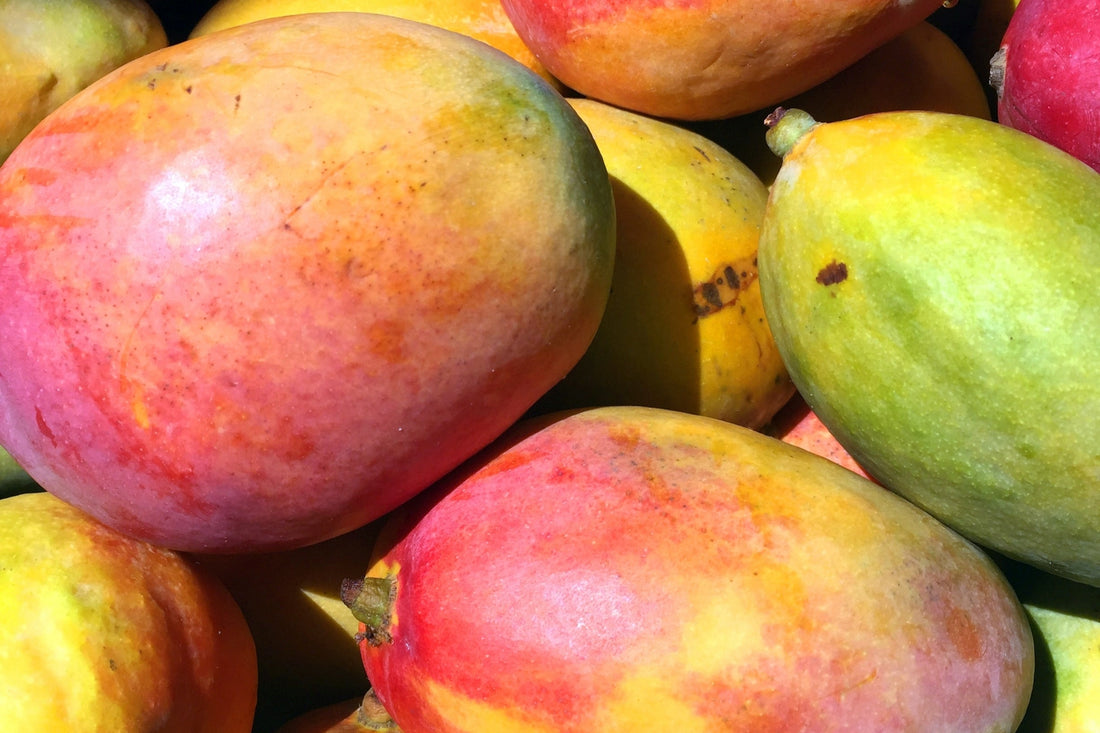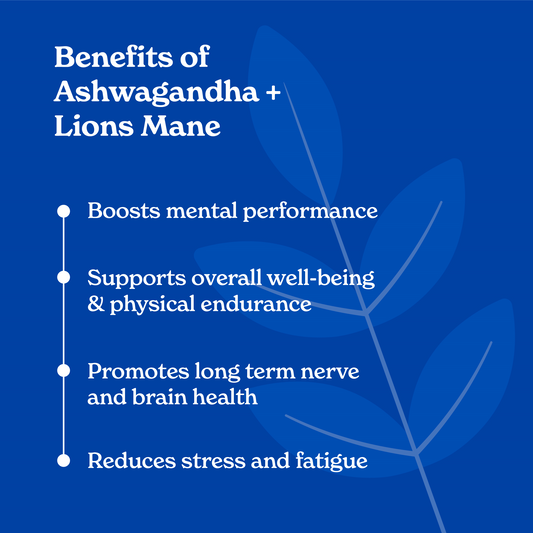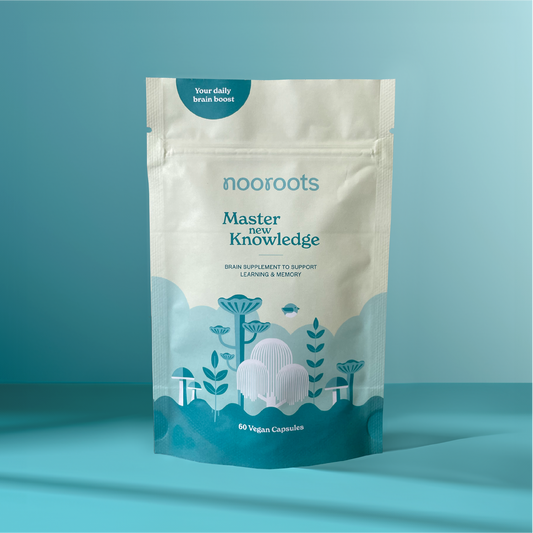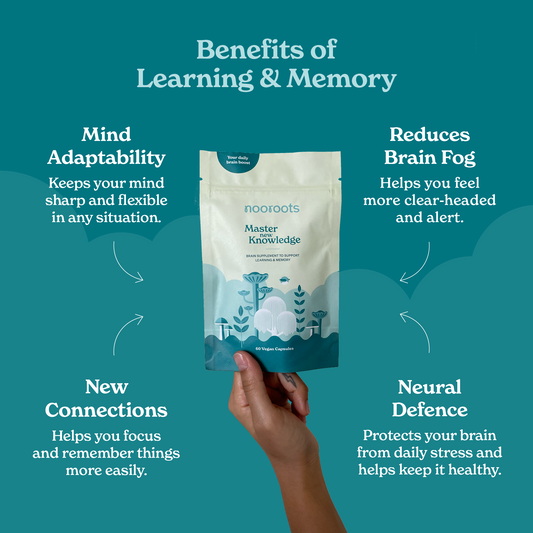Expert Writer and Contributor ✓
About the Author
Daniel was awarded a Master of Science degree from Imperial College London. He is currently studying a PhD in Regenerative Medicine at the Francis Crick Institute.
About the Contributor
Mus was awarded a Master of Science degree in Medical Biotechnology and Business Management from the University of Warwick.
Pregnancy and Beer. What do these two words have in common?
To the 21st century mind, even placing these two words in the same sentence seems, well, odd. And for good reason, there is no safe amount of alcohol that can be consumed during pregnancy.
But this isn't an article about pregnancy. Nor beer for that matter. This is an article about Vitamin B9 supplementation. So why on earth are we talking about alcohol and pregnancy?
That is a story that begins a little over 90 years ago in England with Lucy Wills - a female haematologist and physician researcher.
By most accounts, Lucy was ahead of her time. And in 1931, she was on the cusp of making a discovery that would change the course of pregnancy research for generations to come.
Contents
- What is Vitamin B9 (Folate)?
- Vitamin B9 (Folate) Deficiency
- Vitamin B9 (Folate) Benefits
- Vitamin B9 (Folate) Mechanism of Action
- Vitamin B9 (Folate) Side Effects
- Recommended Dosages of Vitamin B9 (Folate)
- Best Natural Food Sources of Vitamin B9 (Folate)
Vitamin B9 (Folate): A Health Guide to Safe and Effective Supplementation

What is Vitamin B9 (Folate)?
Anemia is condition in which red blood cells cannot supply the body with enough oxygen. This can lead to feelings of tiredness or weakness.
However, during pregnancy, if the condition is untreated, the risk of a pre-mature birth increases significantly.
In the early 1930's, Lucy Wills made a discovery that would impact millions of pregnant women. She observed that an unknown substance in brewer's yeast - a type of microorganism used to make beer - could be used to reverse anemia during pregnancy.
Labelled the 'Will's Factor' at the time, Lucy's discovery helped millions of women around the world.
Today, we know that 'unknown substance' as Vitamin B9.
Vitamin B9 is one of the eight B-vitamins that your body needs to elevate your mental performance and to boost your energy levels and immune system1.
Unfortunately, vitamin B9 can’t be made in the body, so we need to consume it in food (where it’s found as folate) or from supplements (where its supplied in its synthetic form as folic acid)2.
Vitamin B9 (Folate) Deficiency
Being deficient in vitamin B9 can wreak havoc with your immune system and cause tiredness and fatigue. It plays a vital role in the production of DNA and proteins including neurotransmitters, as well as metabolic processes, and disrupting this healthy balance can lead to the onset of nasty chronic diseases and reduced brain function1!
Vitamin B9 (Folate) Benefits
Vitamin B9 is an all-rounder that benefits many functions of the body. For example, it acts as a:
- Brain booster: The wonder-vitamin is a cognitive enhancer, assisting brain development and healthy functioning, and improving cognition and memory.3,4
- Motivator: Research has shown that optimal B9 levels can help with depression through improvements in mood and motivation5–7.
- Cardiovascular promoter: Vitamin B9 optimises the immune system and reduces the risk of stroke and heart disease, especially when supplemented with some of its closest allies: B6 and B12.8,9
Vitamin B9 (Folate) Mechanism of Action
Whilst scientists are still uncovering the entire story of how vitamin B9 works its magic, we know that it is involved in the synthesis of the important cellular components: DNA, RNA, neurotransmitters, and amino acids.
The brain-boosting vitamin promotes the production of vital neurotransmitters in the brain: dopamine, epinephrine, norepinephrine and serotonin. Supplementing the dietary factors for these neurotransmitters is critical for enhancing brain function, making vitamin B9 a powerful nootropic!
Elsewhere, vitamin B9 is needed to make the essential amino acid, methionine3. Methionine is converted to S-adenosylmethionine (or SAMe for short!) in the body, which has been linked to anti-depressant properties.
SAMe also reduces the concentration of homocysteine in the blood, that can (when present in high levels) increase the risk of cardiovascular problems7,10,11.
Therefore, we know that vitamin B9 plays a crucial role in boosting cognitive performance and making us feel and function better!
Vitamin B9 (Folate) Side Effects
As with any supplement, there is always the possibility of side effects at very high doses. Fortunately for vitamin B9, the side effects are rare and limited. However, the following are possible side effects to be aware of:
- Nausea
- Loss of appetite
- Stomach problems – bloating/wind
- Bitter taste in your mouth
- Problems sleeping
- Feeling excited or irritable
- Confusion or trouble concentrating
- Seizures5,12,13
Recommended Dosages of Vitamin B9 (Folate)
The Nutrient Reference Value (NRV) for Vitamin B9 (Folate) is 200μg (micrograms). The Safe upper limit (SUL) is set at 1,000μg (micrograms).
Learn More About NRV and SUL
The NRV and SUL are two values assigned to vitamins and minerals that are designed to provide guidance on how much of a specific nutrient can be consumed.
NRV can be defined as the amount of a specific nutrient needed to adequately meet known nutritional deficiencies. Whereas the SUL is the highest level of nutrient intake that is likely to pose no risk of bad health effects for almost all individuals in the general population.
It is very safe to consume levels of nutrients greater than the NRV as long as the intake is below the SUL.
At nooroots, we take both these values into consideration when performing research and product development. We work with our scientists and partners to select a nutrient level that is both safe and effective.
Best Natural Food Sources of Vitamin B9 (Folate)
Here are the top 10 foods rich in Folate:
- Edamame (Green Soybeans)
- Lentils
- Asparagus
- Spinach
- Broccoli
- Avocados
- Mangos
- Lettuce
- Sweetcorn
- Oranges
*data sourced from My Food Data
Conclusion
Since Lucy Will's discovery of Vitamin B9 in 1931, our scientific understanding of the nutrient's health benefits have extended far beyond pregnant women.
Whether your prefer calling it the 'Will's Factor' or Vitamin B9, the science backs this nutrient to boost brain performance, serve as a motivator through improving mood and also promotes healthier cardiovascular function.
Excessive doses above the safe upper level can lead to various side effects such as nausea, appetite loss and bloating. However, if taken in smart does, the health effect can be extremely beneficial.
For those interested in taking the first step, our Learning & Memory Nootropic Supplement at Nooroots offers a carefully formulated introduction to the world of cognitive enhancement—crafted to support both clarity of mind and balance of mood.
Learn more about the other vitamins, minerals and plant extracts we use to give your brain a daily boost
Evidence
- Mansouri R, Moogooei M, Moogooei M, Razavi N, Mansourabadi AH. The role of vitamin D3 and vitamin B9 (Folic acid) in immune system. Int J Epidemiol Res. 2016;3(1):69-85.
- Argyridis S. Folic acid in pregnancy. Obstet Gynaecol Reprod Med. 2019;29(4):118-120. doi:10.1016/j.ogrm.2019.01.008
- McGarel C, Pentieva K, Strain JJ, McNulty H. Emerging roles for folate and related B-vitamins in brain health across the lifecycle. Proc Nutr Soc. 2015;74(1):46-55. doi:10.1017/S0029665114001554
- Irwin RE, Pentieva K, Cassidy T, et al. The interplay between DNA methylation, folate and neurocognitive development. Epigenomics. 2016;8(6):863-879. doi:10.2217/epi-2016-0003
- Vitamin B9 (Folic acid) Information | Mount Sinai - New York. Mount Sinai Health System. Accessed April 26, 2022. https://www.mountsinai.org/health-library/supplement/vitamin-b9-folic-acid
- Taylor MJ, Carney SM, Goodwin GM, Geddes JR. Folate for depressive disorders: systematic review and meta-analysis of randomized controlled trials. J Psychopharmacol Oxf Engl. 2004;18(2):251-256. doi:10.1177/0269881104042630
- Young SN. Folate and depression—a neglected problem. J Psychiatry Neurosci. 2007;32(2):80-82.
- Cook S, Hess OM. Homocysteine and B Vitamins. In: von Eckardstein A, ed. Atherosclerosis: Diet and Drugs. Handbook of Experimental Pharmacology. Springer; 2005:325-338. doi:10.1007/3-540-27661-0_11
- Kataria N, Yadav P, Kumar R, et al. Effect of Vitamin B6, B9, and B12 Supplementation on Homocysteine Level and Cardiovascular Outcomes in Stroke Patients: A Meta-Analysis of Randomized Controlled Trials. Cureus. 2021;13(5). doi:10.7759/cureus.14958
- Abbasi IHR, Abbasi F, Wang L, et al. Folate promotes S-adenosyl methionine reactions and the microbial methylation cycle and boosts ruminants production and reproduction. AMB Express. 2018;8:65. doi:10.1186/s13568-018-0592-5
- Wong D, Tortorelli S, Bishop L, et al. Outcomes of four patients with homocysteine remethylation disorders detected by newborn screening. Genet Med. 2016;18(2):162-167. doi:10.1038/gim.2015.45
- Side effects of folic acid. nhs.uk. Published April 6, 2022. Accessed April 26, 2022. https://www.nhs.uk/medicines/folic-acid/side-effects-of-folic-acid/
- Folic Acid: Uses, Benefits & Side Effects. Drugs.com. Accessed April 26, 2022. https://www.drugs.com/folic_acid.html





